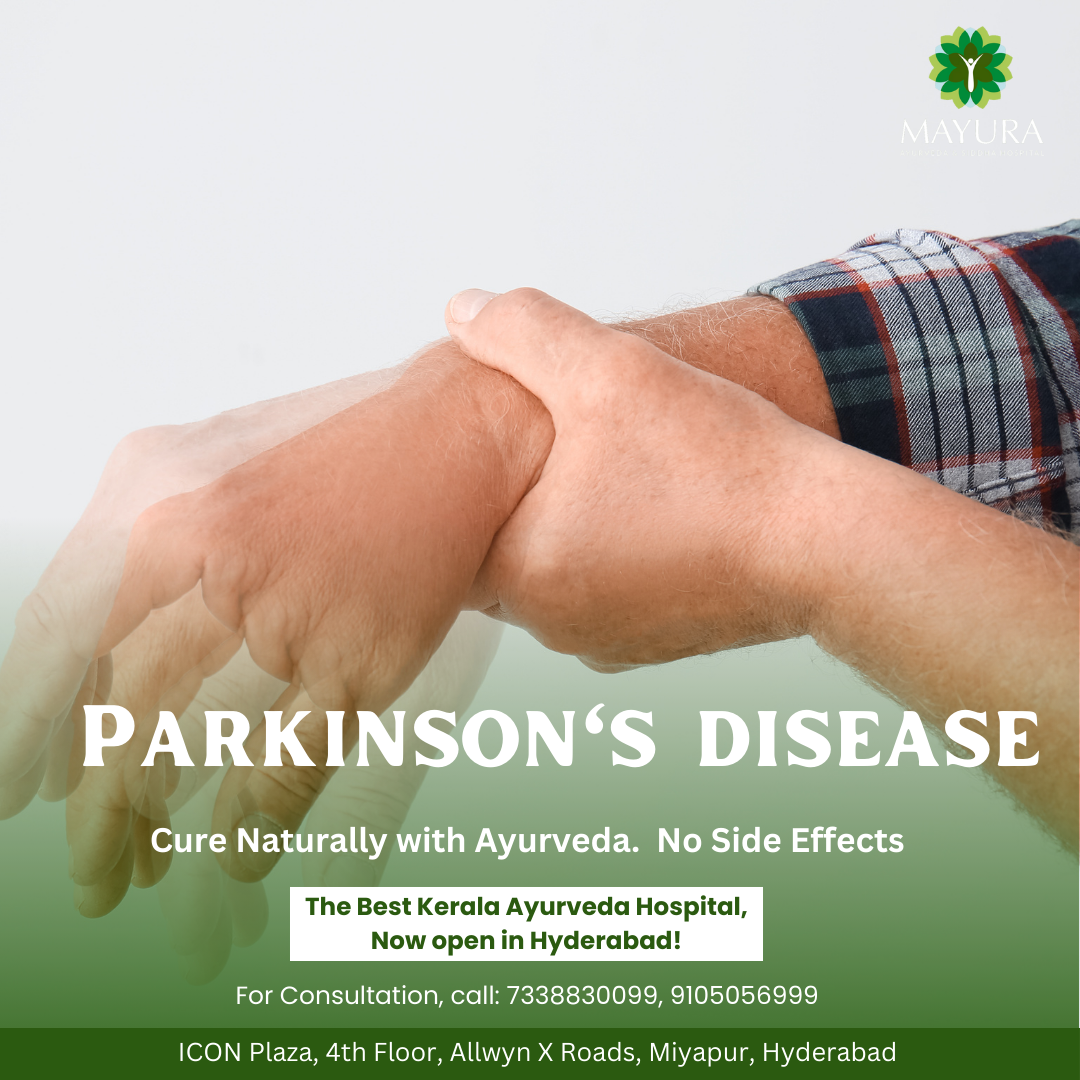Parkinson’s disease is a progressive neurological disorder that affects movement. It occurs due to the loss of dopamine-producing brain cells. Symptoms often start gradually and worsen over time. Common signs include tremors, stiffness, slowness of movement, and impaired balance. While the exact cause is unknown, both genetic and environmental factors are believed to play a role.
Currently, there is no cure for Parkinson’s disease, but various treatments aim to alleviate symptoms and improve quality of life. Medications like levodopa and dopamine agonists can help manage motor symptoms. Physical therapy, occupational therapy, and speech therapy can also be beneficial in maintaining mobility and communication skills. In advanced cases, surgical interventions like deep brain stimulation may be considered.
Living with Parkinson’s disease can be challenging, but with the right support and management, individuals can lead fulfilling lives. It’s essential to stay active, maintain a healthy diet, and engage in activities that stimulate the mind and body. Additionally, joining support groups and staying connected with loved ones can provide emotional support and encouragement.
As research continues, there’s hope for better understanding and improved treatments for Parkinson’s disease. By raising awareness and supporting ongoing research efforts, we can work towards a future where individuals affected by Parkinson’s disease can live better lives.
















